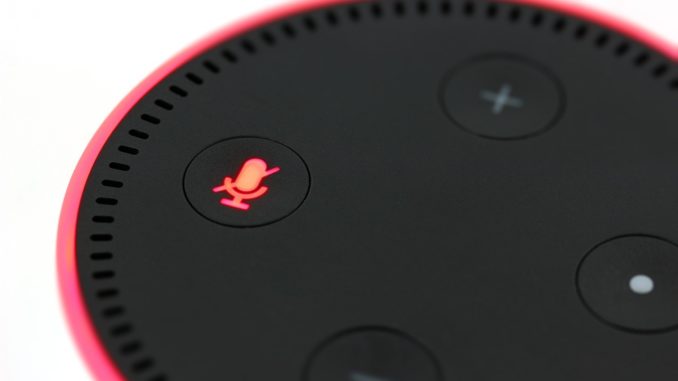
The NHS is joining forces with Amazon to make healthcare information available to vulnerable patients via Alexa
The NHS is collaborating with Amazon to make health information accessible via Alexa.
The technology will aim to help patients – especially the elderly, blind and those who cannot access the internet through traditional means – to get professional, NHS-verified health information via simple voice commands.
The government believes that this technology has the potential to reduce the pressure on the NHS and GPs by providing information on common illnesses.
Matt Hancock said: “We want to empower every patient to take better control of their healthcare and technology like this is a great example of how people can access reliable, world-leading NHS advice from the comfort of their home, reducing the pressure on our hardworking GPs and pharmacists.
“Through the NHS Long Term Plan, we want to embrace the advances in technology to build a health and care system that is fit for the future and NHSX will drive this revolution to bring the benefits to every patient, clinician and carer.”
Professor Helen Stokes-Lampard, chair of the Royal College of GPs, has said that this news has potential, but that a digital divide must not be created.
She said: “This idea is certainly interesting and it has the potential to help some patients work out what kind of care they need before considering whether to seek face-to-face medical help, especially for minor ailments that rarely need a GP appointment, such as coughs and colds that can be safely treated at home.
“NHS Choices (nhs.uk) is already one of the most reliable online sources for health advice, symptom and treatment information, and many people are familiar with voice-assisted technology and feel comfortable using it.
“Combining the two could be an effective way of accessing information about your health without leaving your home – thereby freeing up more GP appointments for those patients who need them most.
“However, it is vital that independent research is done to ensure that the advice given is safe, otherwise it could prevent people seeking proper medical help and create even more pressure on our overstretched GP service.
“While some patients might want to use symptom-checkers in this way, not everyone will be happy to do so and many people will not be able to afford the expense of this equipment, thus widening health inequalities and making access to care even harder for some of the most vulnerable people in our society.
“Technology can be brilliant, when used appropriately, and it is playing an increasingly important part in the way we deliver care to our patients throughout the NHS, but we must be careful not to create a ‘digital divide’ between those patients who can afford it and are able to use it, and those who can’t.
“Patients who are frail often have more complex healthcare needs so it is important that they do not rely on this as their sole source of health advice, but seek the help of a healthcare professional such as a local pharmacist who can give further guidance on whether they need the expert care of a GP for more serious or ongoing symptoms.”
Don’t forget to follow us on Twitter, or connect with us on LinkedIn!

Be the first to comment